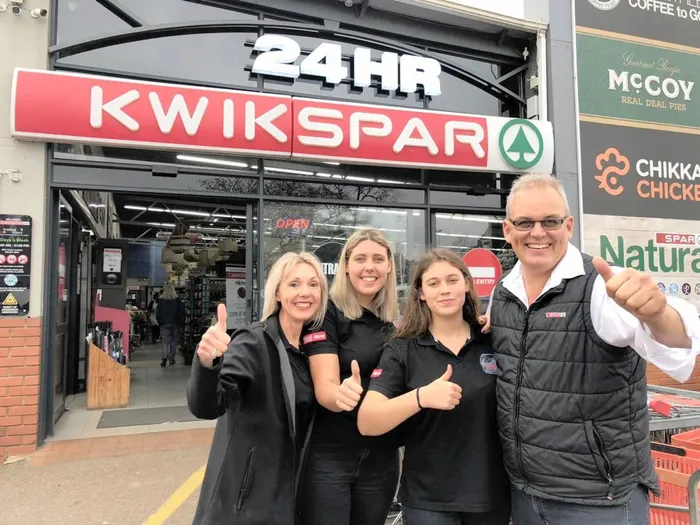Bottle stores want liquor ban timeline

Durban - Durban supermarket owners who also own bottle stores that are languishing due to the ban on alcohol sales have called on the government to provide a timeline for the lifting of the ban.
Mike Egling, owner of Hillcrest KwikSpar and two Tops bottle stores in the suburb, said that the future of his business was uncertain as he was not sure it could survive the alcohol ban that shut down his bottle stores.
He has owned KwikSpar for the past 15 years and one of his Tops branches had its 10 year anniversary on Saturday. He opened his second bottle store in the suburb just two months before lockdown kicked in on March 26.
“Without any real indication from the government when the ban is going to be lifted you cannot plan. The ban came out of the blue - what happened is you were trading on a shortened trading date from Monday to Thursday and they allowed you to stock up so that you could trade on the Monday and then they said you can’t trade,” he said.
“The potential stock losses are immense, especially in beer and box wines which all have expiry dates. The potential stock losses are in the hundreds of thousands of rand and then there are the expenses that you cannot get away from, things like insurance, electricity and rent,” he said.
He said some beer manufacturers had delivered beer that did not have a full shelf life as they had already been sitting with the stock for a couple of months.
“The challenge is that even in the KwikSpar what we see is that customers’ trading patterns have changed a lot as our community becomes cash depleted because their businesses and sources of income are suffering. The amount of stock that gets bought on promotion has sky-rocketed to 30% of our business and with 30% of turnover done on promotion there is no profitability in that mix,” he said.
Because the government had not provided a clear understanding of when it planned to lift the alcohol ban many businesses had decided to retrench. However, Egling was seeking bank credit to keep paying his bottle store staff as they were highly trained.
“They are just going for the worst case scenario and retrenching and that has a massive mental impact on those staff when they could have seen it out together if they had some indication from government on what the rules are.
“Everyone has put up section 189 notices and retrenchment season is now open,” he said.
Another Durban-based KwikSpar and Tops owner, who asked not to be named, said he had incurred massive losses due to the closure of his bottle store and his centrally located supermarket was also struggling.
“I think we have learned to be resilient. I have been in the same business for 17 years and we will survive, but it is not going to be like it was before.
“We had to go back to basics and streamline. It’s a whole new business model. We have managed to keep staff working,” he said.
However, he said businesses would be able to plan better if government provided a date for the lifting of the ban.
“If they gave us a definite date then we could plan on how to deal with our staff, but at the moment everybody is waiting for the next bomb to drop.
“There are a lot of stores feeling it and it’s not just our franchises, it’s all franchises. Everybody is struggling and we have had massive increases in costs such as sanitisers and everything we have had to implement for Covid-19,” he said.
Spar group marketing executive Mike Prentice said some of the chain’s stories had done a roaring trade during lockdown - mainly those located in residential suburbs - but others were in deep trouble.
“Stores nestled in suburbs have done really well, stores on customer transport nodes like taxi routes have really struggled and stores that rely on taxis to get customers to them have struggled,” he said.
He said consumers were shopping less often as daily foot traffic was down between 30% to 40% but purchase sizes were generally up by up to 50%.
The Mercury